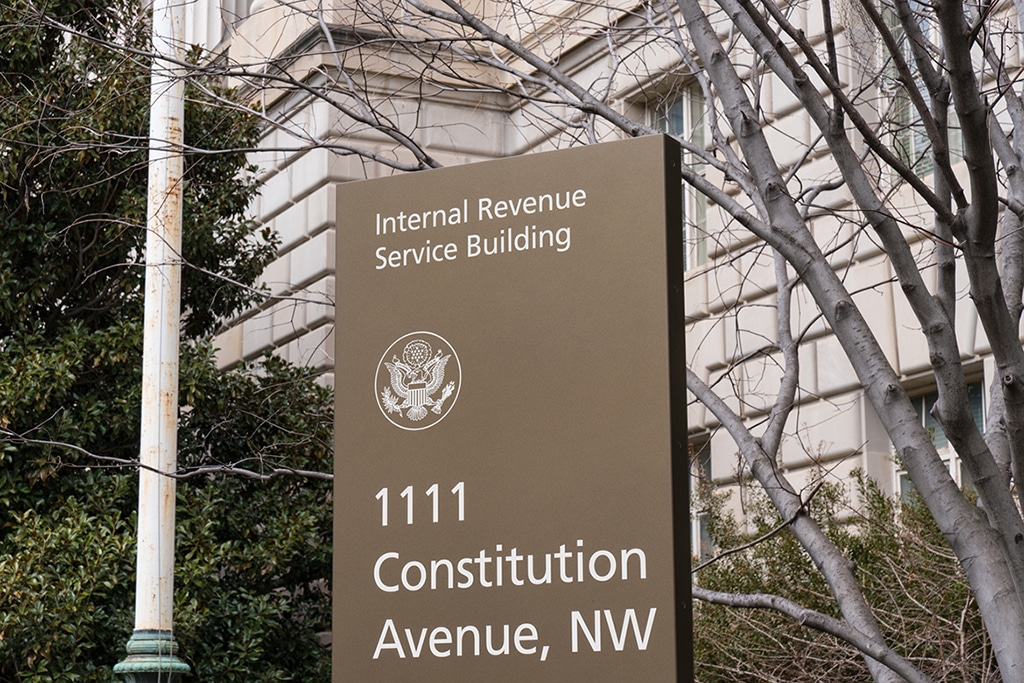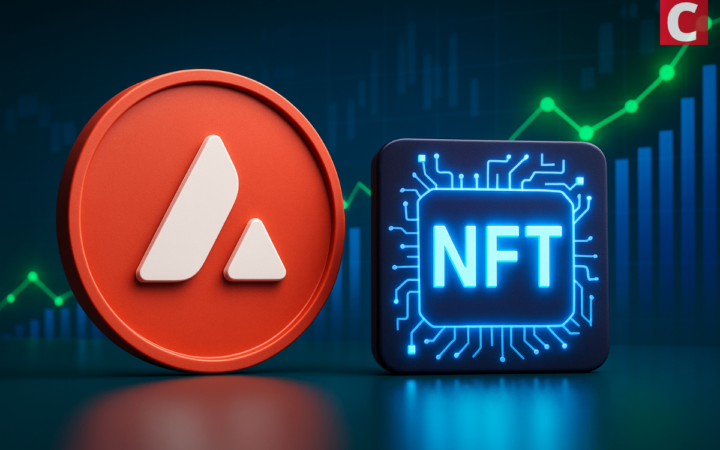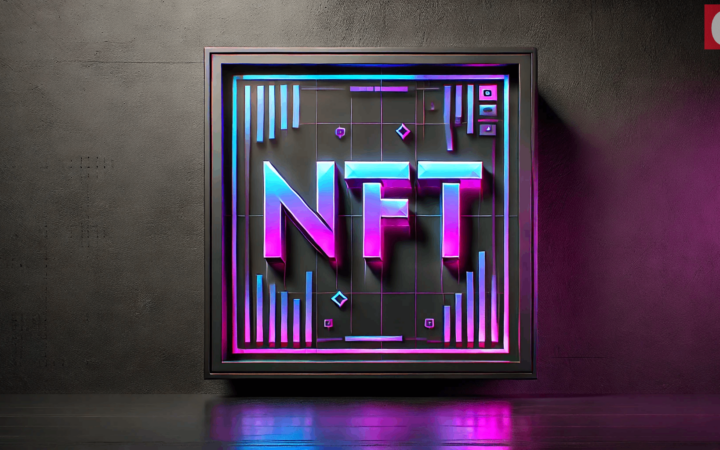
Ibukun is a crypto/finance writer interested in passing relevant information, using non-complex words to reach all kinds of audience. Apart from writing, she likes to see movies, cook, and explore restaurants in the city of Lagos, where she resides.
Meanwhile, the IRS has found a way to clarify the status of NFTs for crypto investors.

A new draft by the Internal Revenue Service (IRS) includes a Digital Assets section that details if and how US taxpayers will account for the use of crypto stablecoins and NFTs. The bill categorizes digital assets in the 2022 IRS tax forms. In the draft, the IRS defines Digital Assets as “any digital representations of value that are recorded on a cryptographically secure distributed ledger or any similar technology or any similar technology.”
Page 16 of the publication identified NFTs, virtual currencies like crypto, and stablecoins as examples of digital assets.
With the new Digital Asset section on 2022 IRS tax firms, taxpayers are to answer the new segment. The revenue service demands that residents answer “Yes” on the first page of Form 1040 or 1040-SR if they have engaged digital assets in 2022. Affected persons include anyone who has received digital assets, or been awarded any, or received them as payment for property or services. Also, selling, exchanging, and gifting cryptocurrencies, NFT or stablecoins are criteria to indicate “yes” to the tax form.
However, this does not apply to holding a digital asset in a wallet or account or transferring any digital asset. Buying crypto, NFTs, or stablecoins is also out of the case.
“You have a financial interest in a digital asset if you are the owner of record of a digital asset, or have an ownership stake in an account that holds one or more digital assets, including the rights and obligations to acquire a financial interest, or you own a wallet that holds digital assets.”
The IRS classified digital assets as either capital gains or income on the 2022 tax return. Affected persons are to calculate their gains or loss and report them on Schedule D of the tax return.
Meanwhile, the IRS has found a way to clarify the status of NFTs for crypto investors. While this year’s instructions classified virtual currencies under digital assets, the previous year’s tax filing instructions had an entire section for virtual currency. In 2021, the statutory body referred to virtual currency as a digital that functions as a unit of account. The publication added that virtual currencies could also store value and be a medium of exchange.
Since NFTs became mainstream during the coronavirus pandemic, governments have been seeking ways to regulate them. Celebrities, including athletes, artists, actors, and many more, have found their way into the space.
Disclaimer: Coinspeaker is committed to providing unbiased and transparent reporting. This article aims to deliver accurate and timely information but should not be taken as financial or investment advice. Since market conditions can change rapidly, we encourage you to verify information on your own and consult with a professional before making any decisions based on this content.

Ibukun is a crypto/finance writer interested in passing relevant information, using non-complex words to reach all kinds of audience. Apart from writing, she likes to see movies, cook, and explore restaurants in the city of Lagos, where she resides.




